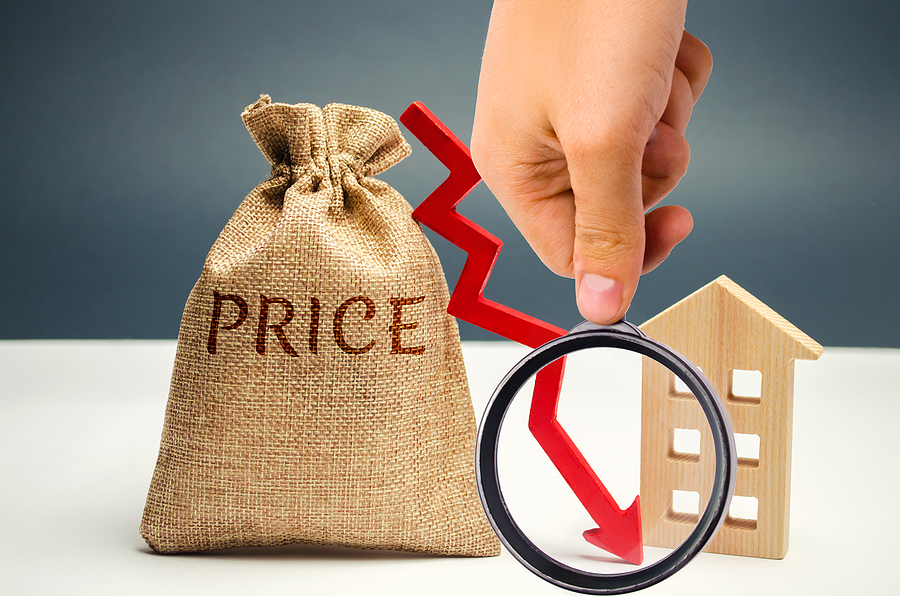In many respects, the 2020s have been rather unprecedented times for the housing market, with the average prices of homes going to market surging by a third from the start of the decade to June 2024.
What is somewhat unusual is that there is little sign so far of a substantial fall in house prices that estate agents have noticed, despite some rather notable economic shocks in the UK which traditionally precipitate as dramatic a fall as the rise that got the market to this point.
Predictions at the start of the year that high mortgage rates, stubbornly high interest rates and cost-of-living pressures coming from multiple directions would cause a potential ten per cent fall in house prices have thus far proven to be unfounded, but what could cause a house price fall of that scale.
The last major long-term house price crash was in 2008 as a consequence of a global financial crisis that had widespread effects but was largely caused by an asset bubble in the United States property market and the credit crunch that this caused.
Before 2008, mortgage lending criteria were somewhat looser and more generous, but as the effects of the subprime mortgage crisis hit in the United States as borrowers who had been given low-cost mortgages that were subsequently packaged into a securities package and sold on the stock market defaulted.
This affected a lot of banks, most notably Northern Rock, which led to them strictly limiting their criteria to offer mortgages, pricing people out of owning a home and causing the bottom to fall out of the market entirely, causing an unprecedented global recession.
According to the Bank of England, approvals fell by nearly 70 per cent year-on-year, an unprecedented rate of rejection.
Not all recessions cause property price crashes, but that is often the greatest cause, as mortgages are the largest cost most people need to pay per month.






